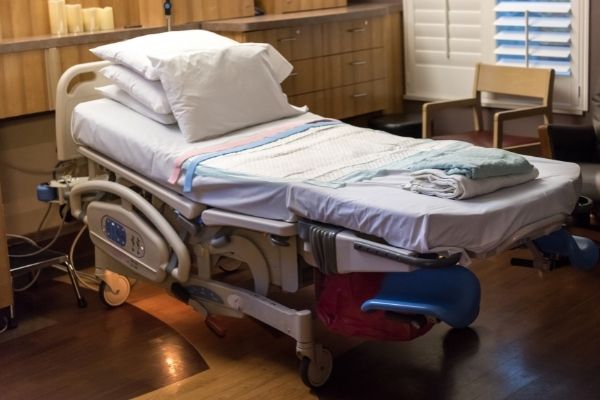
What’s the Difference Between a Revocable Trust and an Irrevocable Trust?
February 10, 2023When Should You Update Your Estate Plan?
April 24, 2023A health care proxy is a legal document that gives another person the authority to make medical decisions on your behalf in the event you are unable to make or state your own decisions and wishes.
Sometimes a health care proxy is called a durable medical power of attorney. It’s important to note, however, that a durable medical power of attorney is not the same document as a legal power of attorney. A power of attorney is a legal document that gives another person authority to manage your financial affairs.
Everyone should have a health care proxy, not just older adults. At any age, you can suffer a medical condition that leaves you unable to communicate or speak.
A 2017 study from the Perelman School of Medicine at the University of Pennsylvania found that about a third of U.S. adults had established advanced directives such as a living will, health care power of attorney, or both.
We advise including a health care proxy and a power of attorney in your estate plan. Let’s take a look at three reasons why you should have a health care proxy.
1. Ease the Burden for Family or Friends

In advance of a serious injury or illness, you may assume that your family or friends understand your wishes about medical treatment, life support, feeding tubes, and other major medical procedures.
In many instances, however, a person’s wishes may not be known, putting loved ones in the often difficult position of making such decisions for you—or having debates about what you would want. Further, even if they do understand your wishes, your treating doctors may not legally be allowed to follow their instructions. Setting up a health care proxy can eliminate these concerns.
2. Give Legal Authority

Spouses or next of kin can generally make medical decisions without a health care proxy, but a more distant family member, friend, or unmarried partner wouldn’t be able to. Under the law, the person named in your health care proxy becomes the medical agent for you, the principal. They can make health care and medical decisions on your behalf in cases where you are incapacitated due to an accident, injury, or illness or if you are suffering from decreased mental capacity.
3. Be Prepared in Case of an Emergency

A health care proxy can cover what should happen in a medical crisis such as a sudden illness, car accident, or incapacitating injury. Surgery or other procedures that require anesthesia carry a degree of risk. Having a health care proxy in place gives your loved ones a plan to follow in case medical decisions have to be made in case of an emergency.
Health care proxies are also essential legal documents for the elderly or those suffering long-term illnesses who may be losing mental capacity.
One resource that offers guidance on how to choose a health care proxy is from The Conversation Project. A public initiative sponsored by the Institute for Healthcare Improvement, The Conversation Project began in 2010 with the goal of helping people talk about their wishes for end-of-life care. The campaign maintains that “the place for this to begin is at the kitchen table—not in the intensive care unit—with the people who matter most to us, before it’s too late.”
The Conversation Project has issued Your Guide to Choosing a Health Care Proxy, which covers how to choose a health care proxy and how to talk about the decision with the person you’ve chosen.
We can help you set up a health care proxy and make it part of your estate planning documents. Contact us today to get started.





